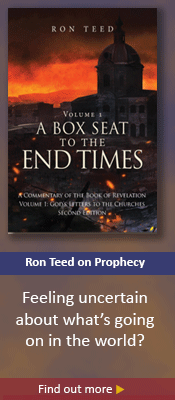Sunday • March 1
Our Plan for Village Church
It would not be an exaggeration to state that the culture of the twenty-first century has turned against Christ. Therefore, it is necessary for the Church to make an appropriate reply.
This culture against Christ relegates any form of Christianity to the past. This is dramatically born out by the fact that sixty-seven percent of the American population generally concur with this statement, "There is no such thing as an absolute truth; different people can define truth in conflicting ways and still be correct." The dominant culture, characterized by relativism (the basis on which a judgment is made may differ depending on different people and situations), is simply at odds with the Church. "The Christendom experiment is over, but our images and instincts are still formed by its memory. We play out the church's routine as though the concerns of the Church and the quests of the culture go hand in glove."
The prevailing culture is characterized by a "post-Enlightenment" public atheism. The culture has divided the world into two realms. One realm is the public world of scientific fact that explains everything in terms of cause and effect relationships. It is agreed that in this realm some statements (such as "atoms exist") are true, and people would be fools to deny them. The other realm is the private world of religious beliefs and moral values, which are based on assumptions about the purpose of human existence, and where the culture is not in agreement. So moral and religious statements are relegated to the realm of private opinion.
Those who are loyal to Christ cannot abide by a public atheism that dismisses the Christian claim that the risen Christ is Lord over all life, "public and private." The Church claims that its moral stance and religious credo are statements about reality. But again evangelicals are slow to recognize their own subtle conformity to the prevailing culture, for 53% of those who attend evangelical churches generally agree with the statement cited above regarding absolute truth. In fact, it would probably not be unusual to hear an evangelical say that Jesus Christ is Lord, and be quick to add, "At least that's my opinion."
Of course, one should not be surprised at the capitulation of much of the evangelical church to the dominant culture, even in its moralistic reaction, since pressures toward conformity to the ethos come through not only the schools and the media, but in the marketing philosophies and techniques that large segments of the Church use to attempt to convert the culture.
More about Village Church:
Overview |
Principles |
Responding to Our Culture

 Print this page
Print this page